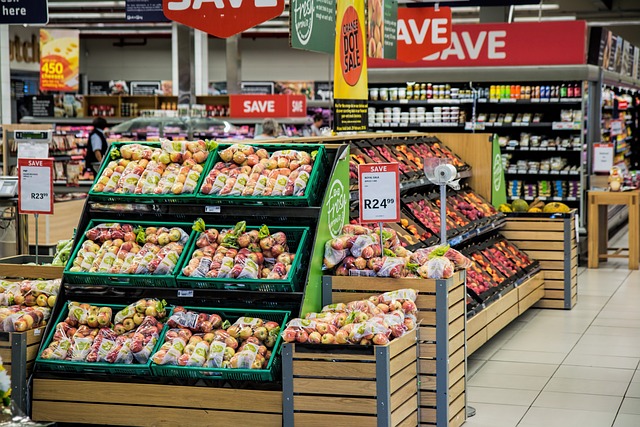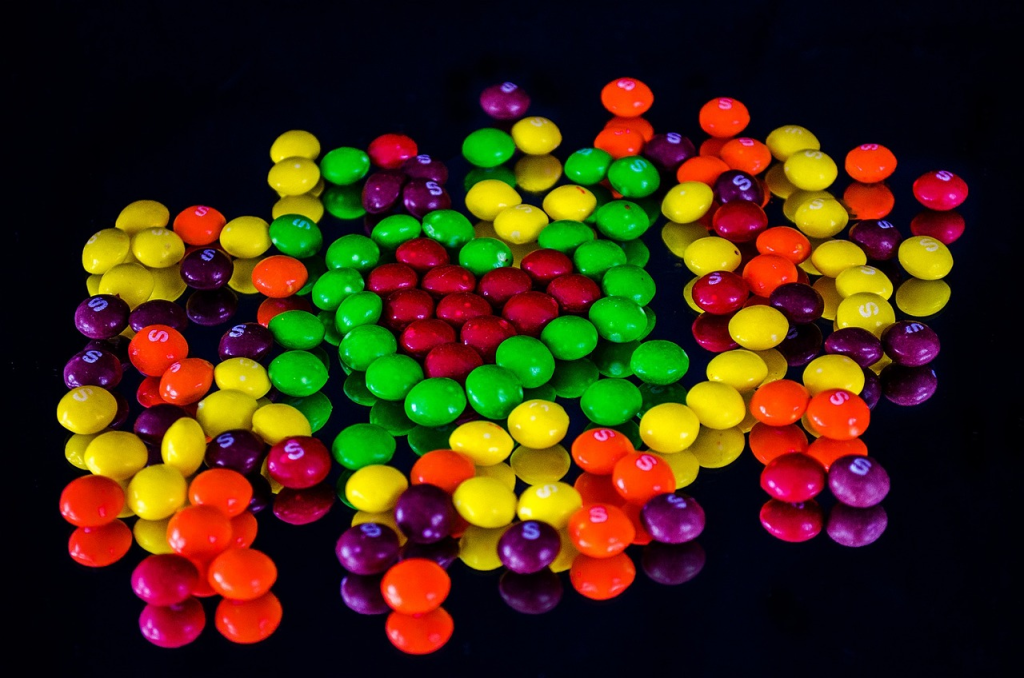Retail giant Target is experimenting with a new self-checkout policy. In select stores, Target is now limiting self-checkout to customers purchasing 10 items or fewer, redirecting those with more items to full-service lanes manned by cashiers. This change is hoping to address concerns that cashier-less technology alienates customers. John Mulligan, Target’s Chief Operating Officer, emphasized the importance of customer relationships, noting, “Our guests tell us they enjoy interacting with our team.”

The change in the self-checkout system is aimed at understanding shoppers’ preferences and reducing wait times. Self-checkout lanes were designed to streamline processes and cut labor costs. But recently, Target has seen a 6% increase in customers utilizing full-service cashier lanes, since the self-checkout systems often breakdown and error out, causing them to be cumbersome and time consuming.
The impersonal and unreliable nature of self-scan machines has led many retailers, including Walmart, Costco, and Shoprite, to reevaluate their self-checkout strategies.
Additionally, research in the retail industry has revealed that self-checkout leads to higher losses due to theft and customer error. Target emphasized that while theft is an ongoing concern, it didn’t drive their new self-checkout policies.



